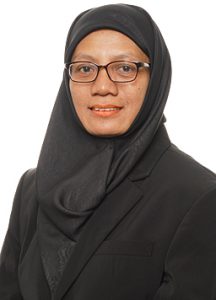
The Nursing Profession Study Program is a type of basic professional study program that is an integral part of the Bachelor of Nursing Science Study Program where graduates of the UI Bachelor of Nursing will automatically become students of the nursing profession study program. During the nursing profession phase, students will apply their knowledge and skills in families, communities, community health centers, and/or hospitals. This study program is designed to be completed within 2 semesters with a study load of 36 credits. If students graduate from this study program, they will obtain the Ners degree.
Ners who are able to provide nursing care to clients by using knowledge and expertise in managing clients in an ethical, culturally sensitive, effective and professional manner based on mastery of science, IT and evidence based practice and able to make decisions independently in various stages of nursing care (assessment, formulation of nursing diagnosis, planning, implementation and evaluation).
Anyone interested in helping others should consider obtaining a bachelor's degree in nursing. FoN prepares students to become professional nurses capable of providing nursing care, leading communities, educating people, performing nursing management functions, and conducting research. The majority of nurses work in hospitals, but some also work in private clinics, schools, care facilities, prisons, military bases, and many more. Experienced nurses are often called upon to supervise other nurses, teach nursing skills to students, handle administrative tasks, and even conduct research.
(Data on the Need for Nursing Personnel in Indonesia Source Ministry of Health of the Republic of Indonesia)
The Nursing Profession Study Program is a type of basic professional study program which is an integral part of the Bachelor of Nursing study program where graduates of the UI Bachelor of Nursing will automatically become students of the nursing profession study program. Currently, those who can take part in the nursing profession study program at the University of Indonesia are limited to undergraduate nursing graduates at the University of Indonesia.